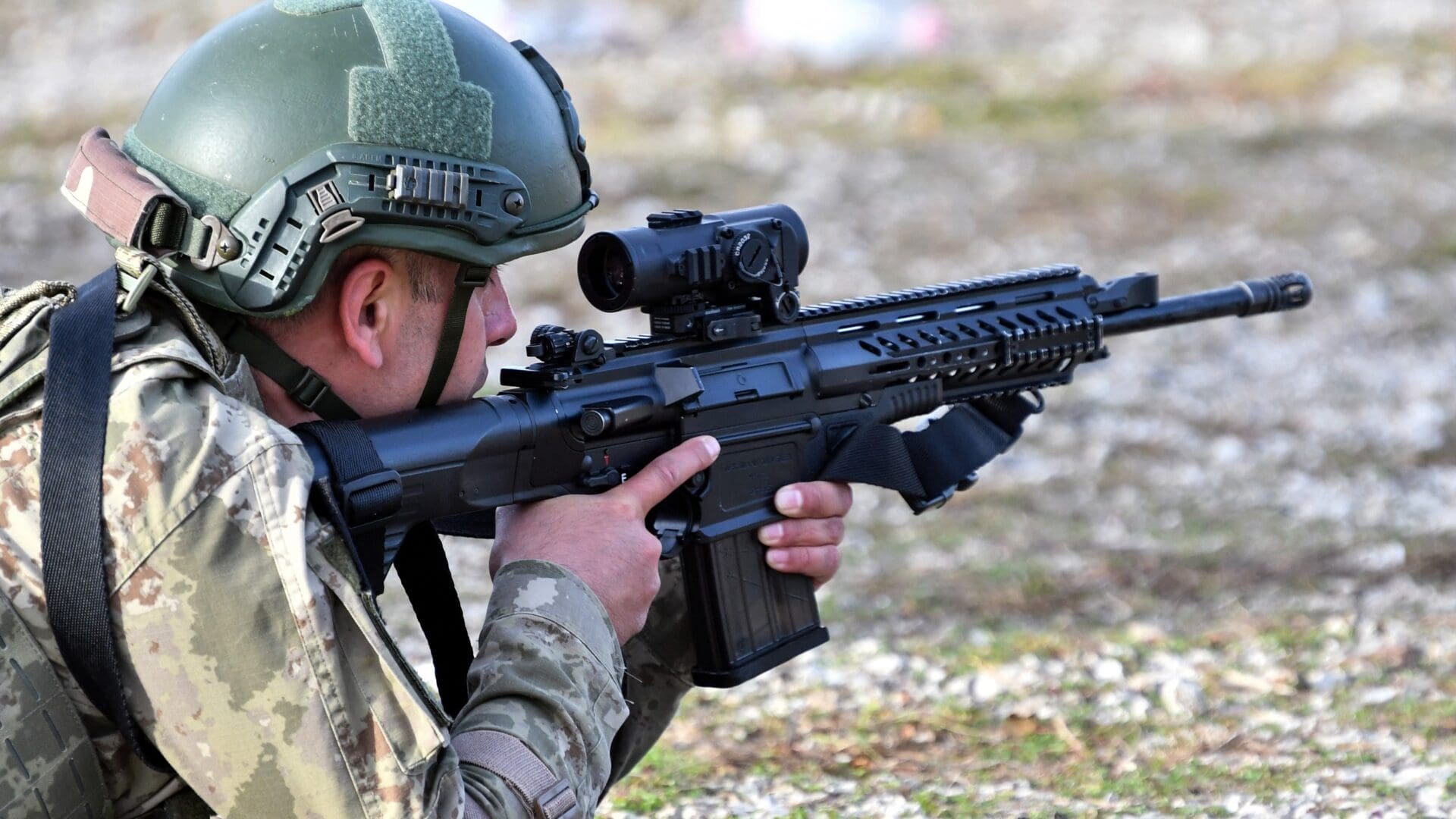Italian Foreign Minister Antonio Tajani spoke about the creation of a common European army in an interview with the Italian newspaper La Stampa. ’If we want to be peacekeepers in the world, we need a European military. And this is a fundamental precondition for having an effective European foreign policy,’ Tajani said. In a world full of powerful nations such as the United States, China, Russia, and India, the Italian foreign minister stated that the only organization capable of protecting the citizens of Europe is the European Union.
However, Tajani emphasized that without a common army, the EU is powerless.
The concept of a common European defence has been increasingly discussed since the outbreak of the war in Ukraine. Charles Michel, President of the European Council, recently outlined plans to establish a joint European defence ministry to enhance the continent’s defence capabilities and strengthen the European defence industry.
‘The European Defence Agency should become a powerful European defence department, run by the High Representative under the core guidance of the European Council. It would be a driving force to bundle military expertise and instruments, and we need to provide you with the resources that will be needed to coordinate and lead on joint procurement and its financing, in close connection with the member states’, Michel stated last November.
Prime Minister Viktor Orbán called for the creation of a common European army in his speech at the annual Tusványos festival in Tusnádfürdő (Băile Tușnad), Romania in 2016. He stated that Europe ‘cannot remain defenceless in terms of military policy,’ adding: ‘We must, therefore, establish a European army that would be a genuine common force, with authentic shared regiments, a common command language, and a unified structure.’ Since then, European leaders such as French President Emmanuel Macron and European Commission President Ursula von der Leyen have endorsed the ideas put forth by the Hungarian Prime Minister.
Following Russia's invasion of Ukraine, it became evident that Europe could not effectively defend itself against the emerging threats without the assistance of the United States. Many European armies are grappling with shortages in both numbers and equipment, and these deficiencies are escalating as several European countries have diverted their resources to support Kyiv.
The magnitude of the problem is evident in the increasing number of countries reintroducing or contemplating the reintroduction of compulsory military service.
The latest development is the German government's consideration of reinstating conscription, which was abolished in 2011.
Defence Minister Boris Pistorius recently referred to the 2011 decision as a significant mistake. Latvia, for instance, reintroduced compulsory military service in the summer of 2022. At that time, Latvian Defence Minister Artis Pabriks stated, ’We have no reason to believe that Russia will change its behaviour.’
A positive development for the idea of a common European army is the EU's inaugural joint military exercise held in October 2023. The exercise, hosted in Spain, involved forces from France, Ireland, Malta, Italy, Portugal, Romania, Austria, and Hungary. ’Today, we are turning a new page in EU defence,’ Josep Borrell, the EU's High Representative for Foreign Affairs and Security Policy, stated at the time.
'As the EU, we must be prepared to act as necessary to protect our citizens and contribute to global stability.
To achieve this, we need to conduct joint exercises. This will enhance our preparedness to play the role of a defence actor and global security provider’, Borrell added.
The exercise represents a crucial stride toward establishing Rapid Deployment Capacity (RDC), marking a potential key milestone in the formation of a common European army.
The RDC is anticipated to be operational by 2025, enabling the rapid mobilization of up to 5,000 troops to respond swiftly to various types of crises.








